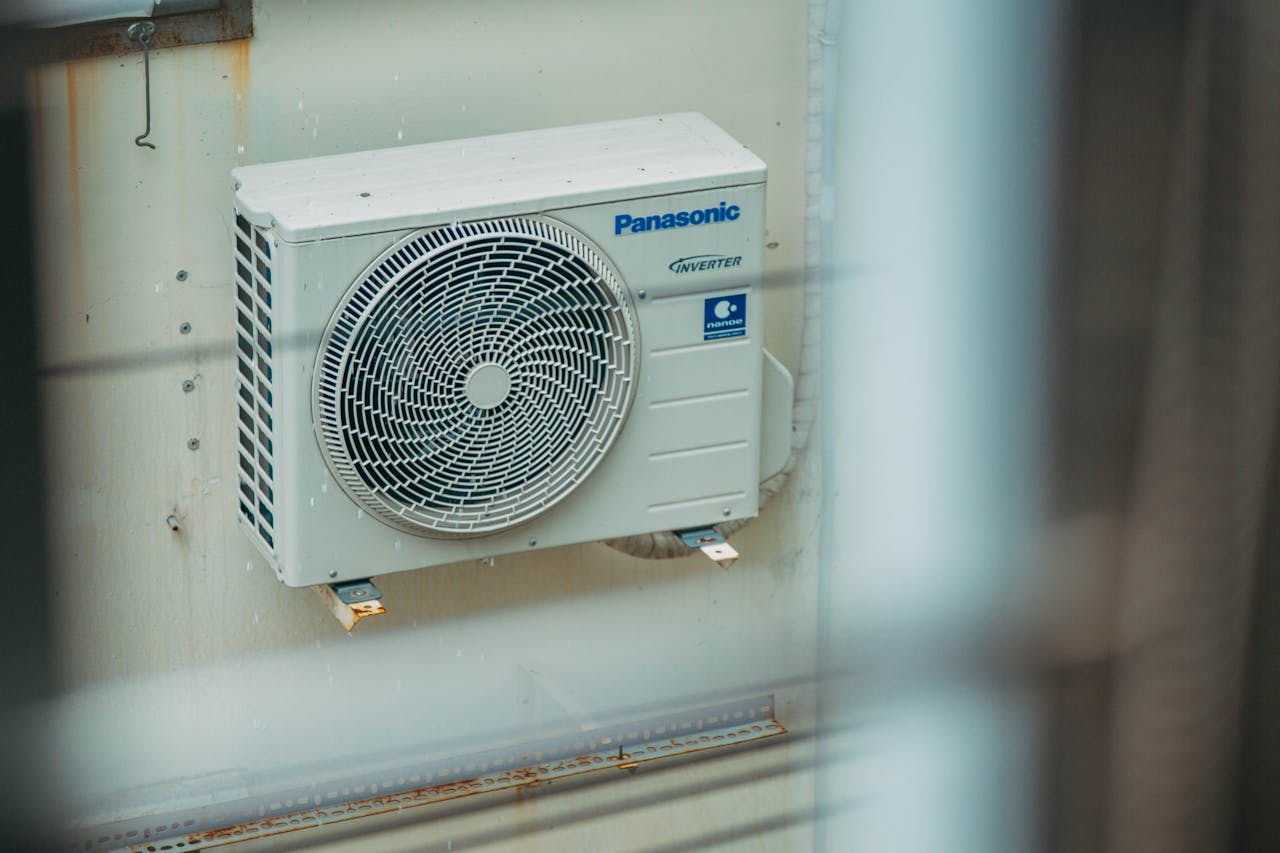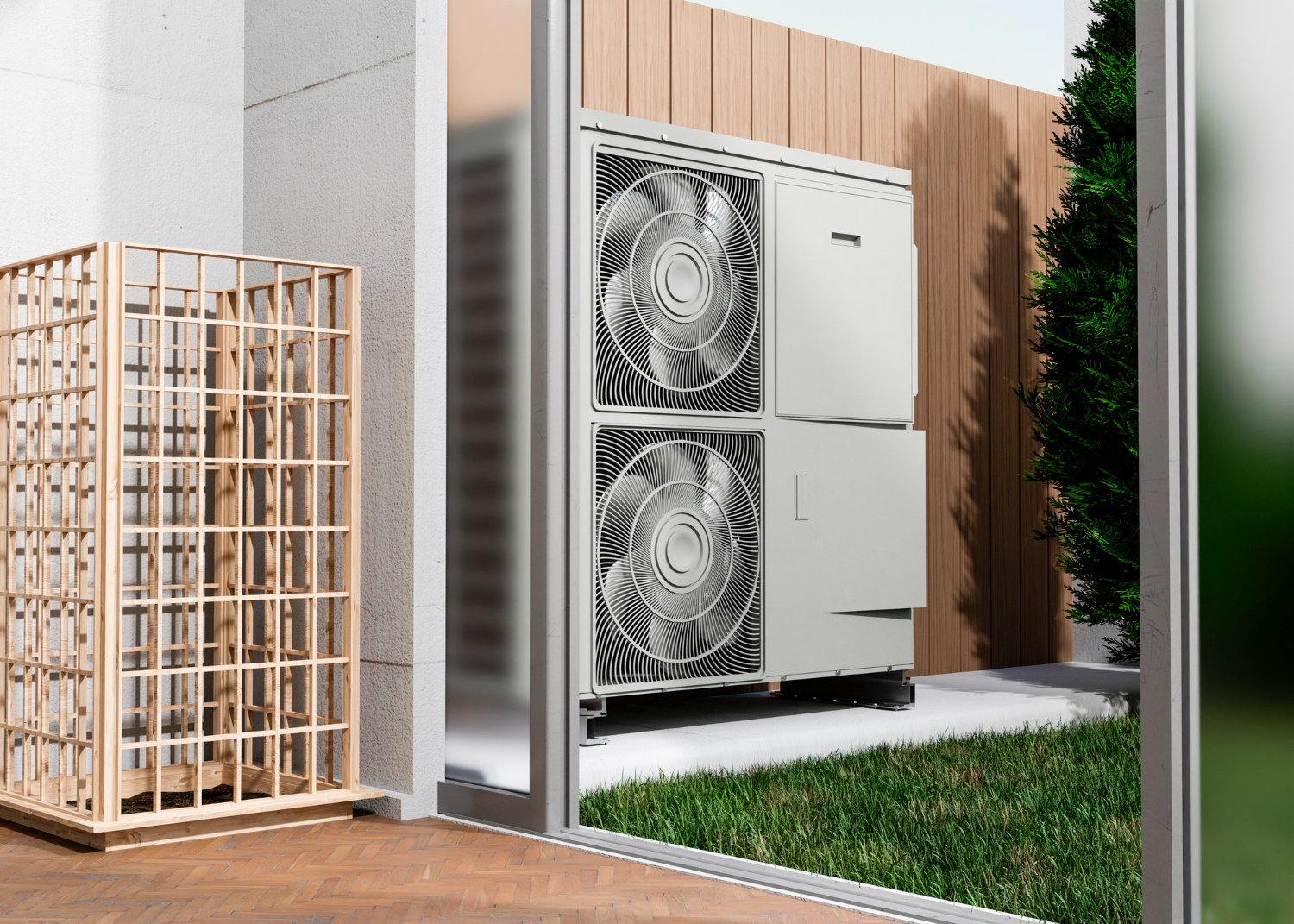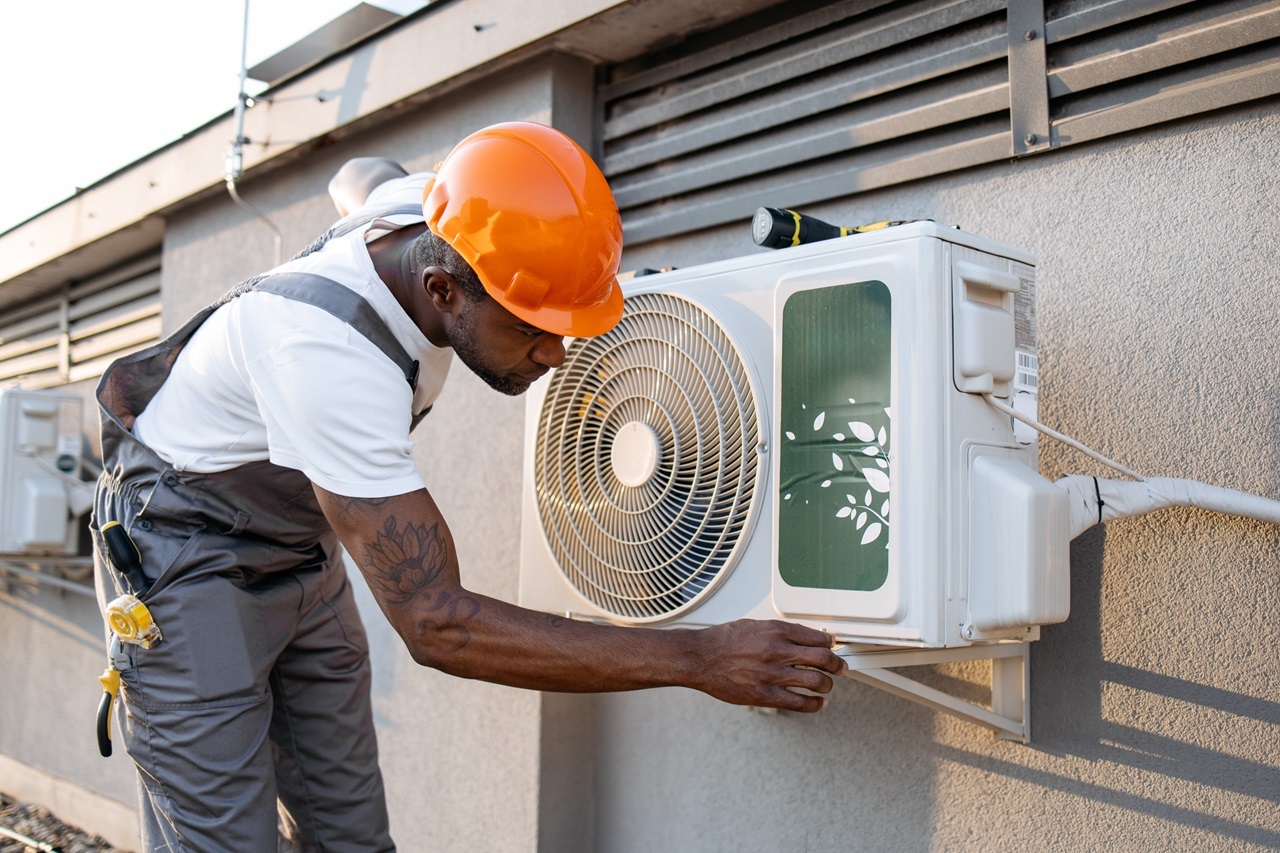Enhancing your home’s comfort is essential, especially in Lake City’s varying climate. One effective way to achieve this is by installing mini split heat pumps. These systems offer a modern solution for heating and cooling, tailored to meet the unique needs of every home. Our HVAC company in Lake City specializes in installing and maintaining these efficient systems.
Understanding Mini Split Heat Pumps
What Are Mini Split Heat Pumps?
Mini split heat pumps are a type of HVAC system designed to provide both heating and cooling without the need for ductwork. They consist of an outdoor compressor unit connected to one or more indoor air handlers. These air handlers can be mounted on walls, ceilings, or floors, making them versatile for different room configurations. Mini split systems are known for their efficiency and flexibility, making them an ideal choice for many Lake City homes.
How They Differ from Traditional HVAC Systems
Unlike traditional HVAC systems that use ducts to distribute air, mini split heat pumps operate without ductwork. This makes them easier to install and less intrusive. Traditional systems often lose energy through the ducts, while mini splits deliver air directly to the room, increasing efficiency. Additionally, mini split systems allow for individual room temperature control, which is not typically possible with central HVAC systems.
These systems are also quieter compared to traditional units. The noise-producing components are located outside, reducing the indoor noise levels. This quiet operation, combined with the absence of ducts, makes mini split heat pumps a popular choice for homes looking to upgrade their HVAC solutions.
Common Applications in Lake City Homes
Mini split heat pumps are highly versatile and can be used in various applications around Lake City homes. They are perfect for older homes without existing ductwork, new additions, or extensions where extending ductwork would be impractical. They are also ideal for rooms that are difficult to heat or cool adequately with a central system, such as attics, basements, or garages.
These systems work well in multi-family homes, providing individual climate control for each unit. This flexibility is beneficial for managing different comfort levels and energy usage across multiple living spaces. Our professionals can assess your home and recommend the best applications for mini split heat pumps, ensuring maximum comfort and efficiency.
Key Benefits of Mini Split Heat Pumps
Energy Efficiency
One of the main advantages of mini split heat pumps is their energy efficiency. Since they deliver air directly to the room without losing energy through ducts, they are more efficient than traditional systems. They also use inverter technology, which allows the system to adjust its output based on the room’s needs, further enhancing efficiency. This means lower energy bills and a reduced environmental impact for your home.
Flexible Zoning Options
Mini split systems offer flexible zoning options, allowing you to control the temperature in individual rooms. Each air handler can be adjusted separately, so you can set different temperatures for different areas of your home. This zoning capability means you can turn off the system in unoccupied rooms, saving energy and money. It also allows each family member to customize their comfort in their own space.
Improved Indoor Air Quality
Improved indoor air quality is another significant benefit of mini split heat pumps. Traditional HVAC systems with ducts can accumulate dust, mold, and other allergens, which get distributed throughout your home. Mini split systems eliminate this issue by not using ducts. Additionally, many mini split units come with advanced filtration systems that can remove dust, pollen, and other particles from the air, contributing to a healthier living environment.
By maintaining better air quality and providing precise temperature control, mini split heat pumps enhance the overall comfort of your Lake City home. Our professionals can help you explore these benefits and determine the best setup for your specific needs.
Installation and Maintenance
Steps for Professional Installation
Professional installation of mini split heat pumps involves several crucial steps. Our technicians first conduct a site assessment to determine the optimal locations for the indoor and outdoor units. They consider factors such as room size, airflow patterns, and the distance between the units.
Once the locations are determined, our professionals install the indoor and outdoor units. They carefully drill holes for the connecting pipes and wiring, ensuring minimal disruption to your home. The units are then mounted securely, and the refrigerant lines, drain lines, and power cables are connected.
Finally, the system is tested to ensure proper operation. Our technicians check for leaks, make necessary adjustments, and confirm that the system is performing efficiently. They will also explain how to operate the system and provide maintenance tips to keep it functioning optimally.
Routine Maintenance Requirements
Routine maintenance is essential for keeping your mini split heat pump in top condition. Regular maintenance includes cleaning or replacing filters, checking refrigerant levels, and inspecting the electrical components. Our professionals recommend scheduling maintenance at least twice a year—before the cooling season and before the heating season.
During a maintenance visit, our technicians will also clean the indoor and outdoor units, remove any debris, and check for wear and tear on the system’s components. Performing these tasks regularly can prevent unexpected breakdowns and ensure that your system operates efficiently.
Troubleshooting Common Issues
While mini split heat pumps are reliable, they can occasionally encounter issues. Common problems include refrigerant leaks, sensor malfunctions, and drainage problems. If you notice unusual noises, reduced airflow, or ineffective temperature control, it’s essential to contact our professionals.
Our technicians can diagnose and resolve these issues promptly, restoring your system’s functionality. Attempting DIY repairs can cause further damage, so it’s best to rely on our skilled professionals for any troubleshooting needs. They have the expertise to identify and fix problems accurately and efficiently.
Choosing the Right HVAC Company in Lake City
Essential Questions to Ask
When choosing an HVAC company in Lake City, asking the right questions can help you make an informed decision. Essential questions include: How long have you been in business? Are your technicians certified and experienced with mini split systems? Do you offer warranties on your installations and repairs?
Knowing the answers to these questions can provide insight into the company’s reliability and expertise. It’s also helpful to ask about their process for handling emergencies and their response time for service requests. A reputable HVAC company should have clear and satisfactory answers to these questions.
Evaluating Credentials and Experience
Evaluating the credentials and experience of an HVAC company is crucial. Look for certifications from reputable industry organizations and check their track record with mini split installations and maintenance. Our professionals have extensive experience and are fully certified to handle all aspects of mini split heat pump systems.
Additionally, consider the company’s reputation. Customer reviews and testimonials can provide valuable feedback on the quality of their services. A company with a strong reputation and experienced technicians is more likely to deliver reliable and efficient service.
Comparing Service Plans and Pricing Options
It’s essential to compare service plans and pricing options to find the best fit for your needs. Look for comprehensive service plans that cover regular maintenance, emergency repairs, and annual inspections. Our HVAC company in Lake City offers various plans designed to suit different budgets and requirements.
When comparing pricing, ensure that the quotes include all necessary services and fees. A detailed quote helps you understand what you’re paying for and avoids unexpected costs later. Choose a plan that offers good value while providing the essential services to keep your mini split heat pump running smoothly.
Conclusion
Mini split heat pumps in Lake City are a versatile and efficient solution for enhancing comfort in your homes. They offer numerous benefits, including energy efficiency, flexible zoning options, and improved indoor air quality. Proper installation and routine maintenance are crucial for ensuring that these systems operate optimally. By choosing the right HVAC company, you can enjoy the many advantages that mini split heat pumps provide.
For professional HVAC installation, maintenance, and service in Lake City, trust us at Lane Heating And Air. Our experienced technicians are dedicated to ensuring your home remains comfortable and efficient year-round. Contact us today to learn more about our services and how we can help you achieve the perfect indoor climate.




